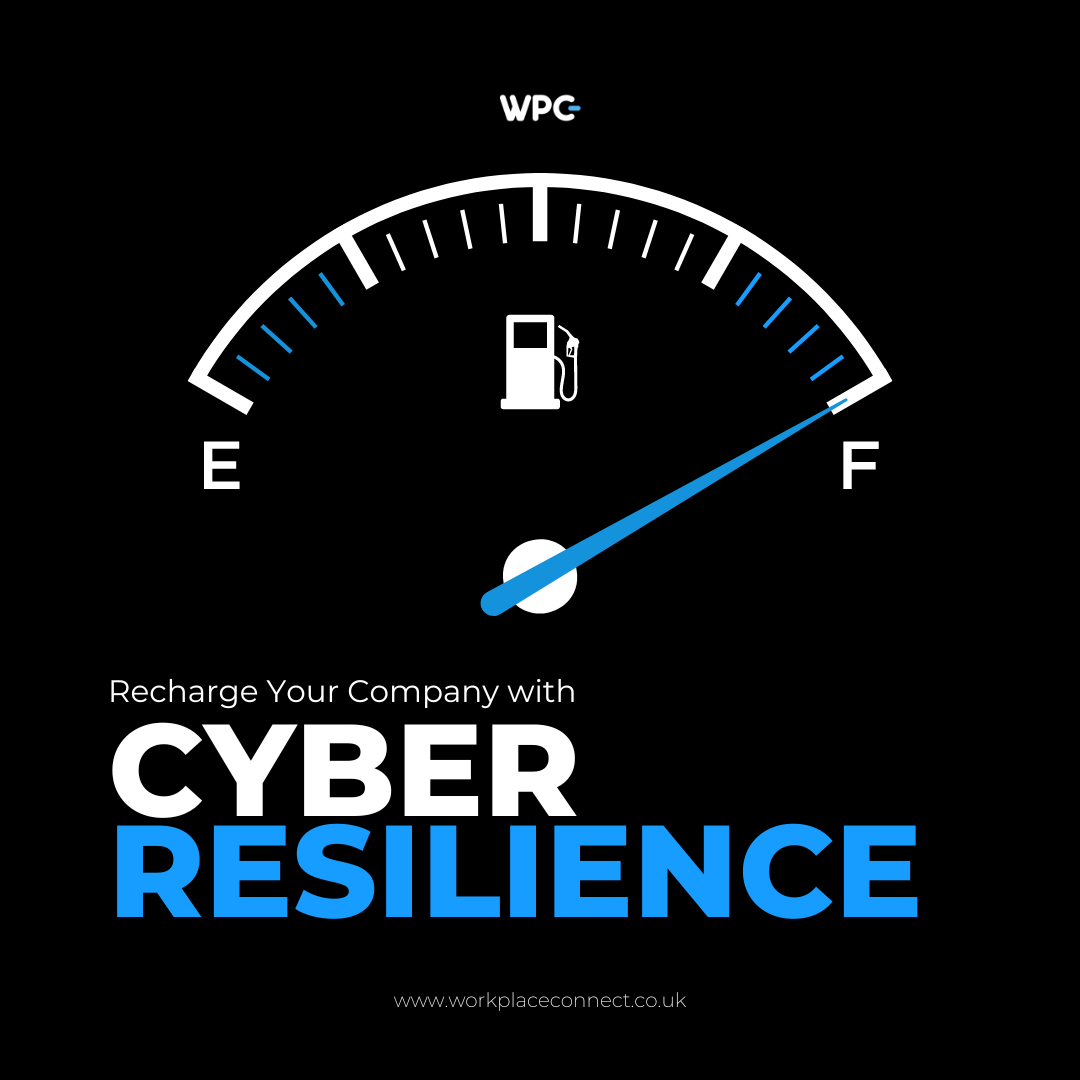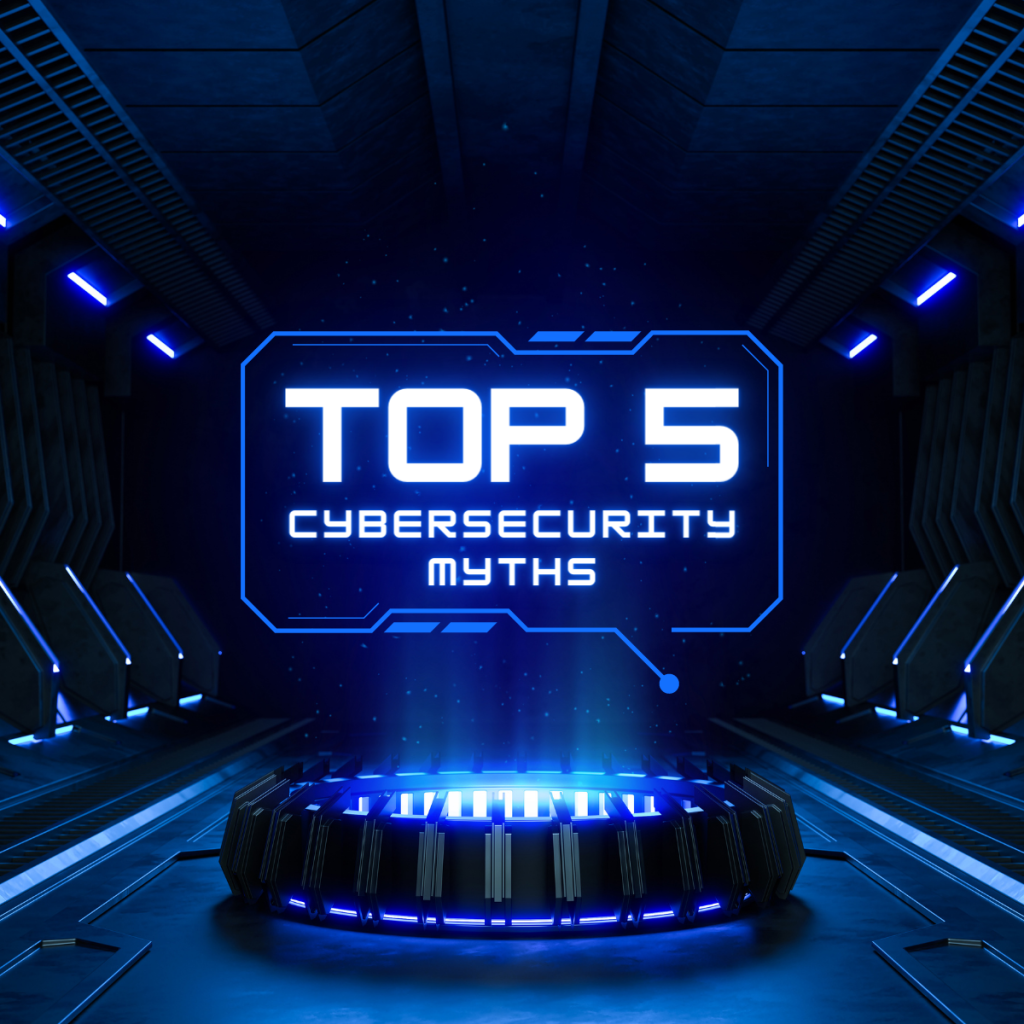In a world dominated by cyber dangers, threat actors are stepping up their tactics by adopting a “work smarter, not harder” approach to cybercrime. The first half of 2023 saw an increase in activities by advanced persistent threat (APT) groups, ransomware sophistication, and botnet activity, placing more enterprises in danger than ever before. So it’s no wonder that, according to one recent study, 84% of organisations had one or more breaches in the previous 12 months, emphasising the need for a more revolutionary approach to cybersecurity.
The dynamic and complex nature of today’s threat landscape highlights the crucial importance of collaboration. This is exacerbated by the quick pace of technical innovation, geopolitical events, a persistent shortage of experienced cybersecurity experts, and rising economic issues. Initiatives such as the Cybercrime Atlas initiative, which is hosted by The World Economic Forum and supported by Fortinet, Microsoft, PayPal, and Santander, highlight the value of collective knowledge sharing in tackling cybercrime.
While coordinated activities are critical, individual firms must take proactive steps to improve their cybersecurity posture. The three imperatives below explain critical measures that enterprises must take to improve their cyber resilience, allowing them to be more effective participants in the larger global effort to disrupt cybercrime.
Develop a Culture of Personal Accountability
Beyond a core team of trained individuals, sophisticated processes, and sturdy technologies, a resilient firm must create a cybersecurity culture. A successful risk management strategy begins with the IT department, but it is ultimately everyone’s responsibility.
According to research, human involvement accounts for three out of every four breaches. As a result, firms must create continual cybersecurity awareness campaigns tailored to each employee. This involves thorough security education, continuing training, and realistic phishing simulations. Executives, as critical stakeholders and high-value targets, might benefit from more comprehensive activities, such as tabletop exercises, that improve their cybersecurity awareness, leadership, and reaction capabilities.
Address the Cybersecurity Skills Gap with Innovative Approaches
Organisations of all sizes and industries have the difficulty attracting, employing, and retaining experienced cybersecurity specialists. Traditional techniques, such as focusing solely on people with past cybersecurity experience or necessary degrees, are no longer enough. Organisations must find innovative ways to close the growing worldwide cybersecurity talent gap, which is now estimated to be roughly 4 million people.
Exploring new talent pools, such as people with different educational and experience backgrounds, as well as providing upskilling opportunities for current employees through certification programs, can assist firms in keeping up with the changing threat landscape. Expanding your digital horizons, such as including managed services, can also help to supplement entry-level employment, close the skills gap, and create a proactive attitude to cybersecurity.
Remove The Barriers of Siloed Thinking
Unintentional silos within businesses, particularly those between Network Operations Center (NOC) and Security Operations Center (SOC) teams, inhibit the creation of a strong cyber resilience strategy. Leaders must actively remove these silos by building alignment on risk management objectives among the organisation’s leadership and board members. This more cooperative approach enables firms to create or update a more inclusive security policy, maybe based on known frameworks such as NIST’s. Developing wide incident response playbooks ensures a uniform and complete procedure for all stakeholders, reinforcing the notion that cybersecurity is not exclusively the responsibility of the IT staff. Technological interventions, such as the use of AI-powered security operations, can help to streamline communication, minimise detection and response times, and improve interoperability between NOC and SOC teams.
Cooperation Fosters Resilient Organisations
Resilient organisations play an important role in the collective battle against cybercrime. Organisations can improve their security posture by creating a cyber-resilient culture, creatively tackling the cybersecurity skills gap, and removing internal silos. This, in turn, strengthens the larger efforts to combat cybercrime, as improved resilience allows for more extensive and agile defences against cyber threats. In the complicated battlefield of cybersecurity, enterprises can position themselves to successfully reduce the effects of cybercrime not just on themselves but also on a worldwide scale.







